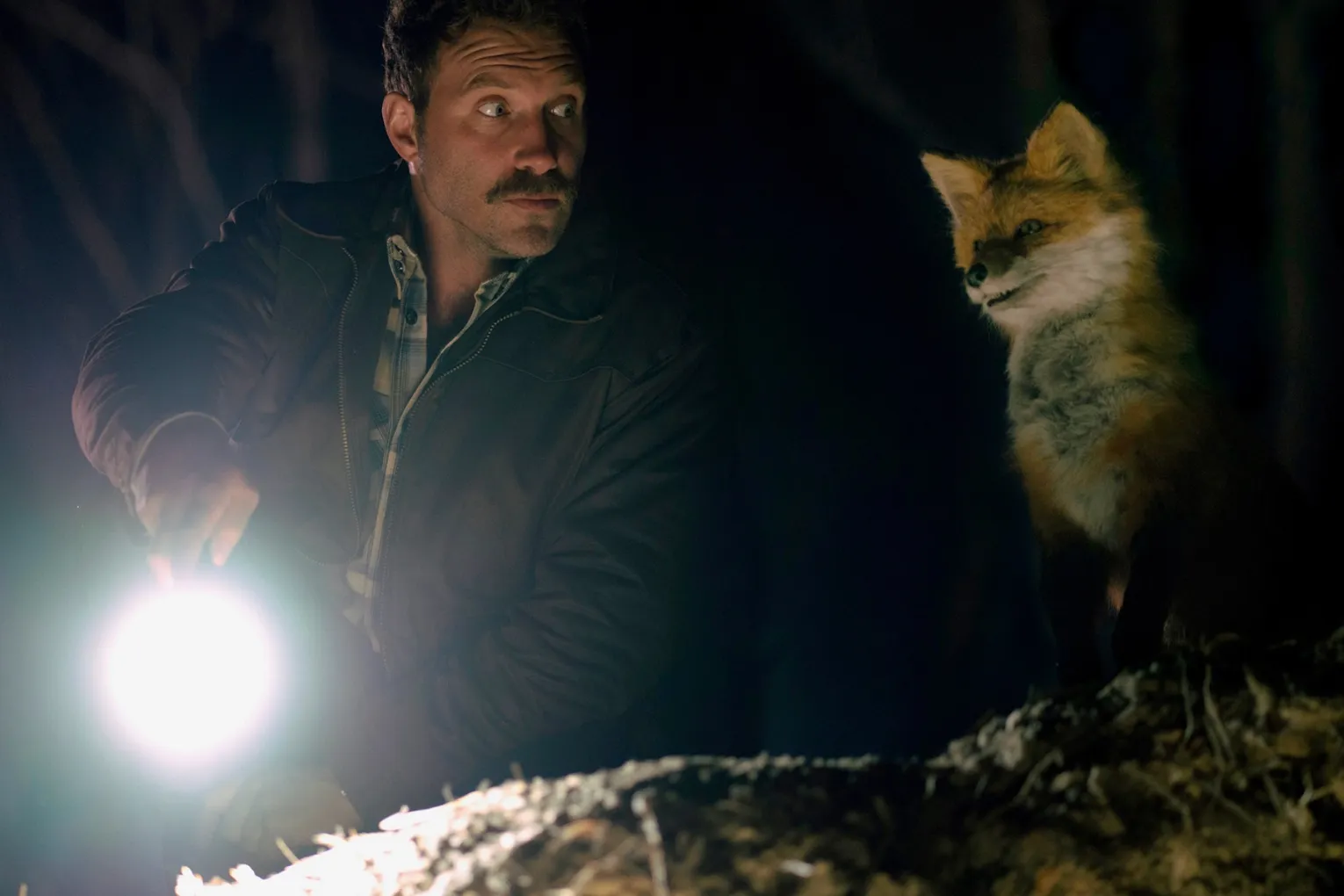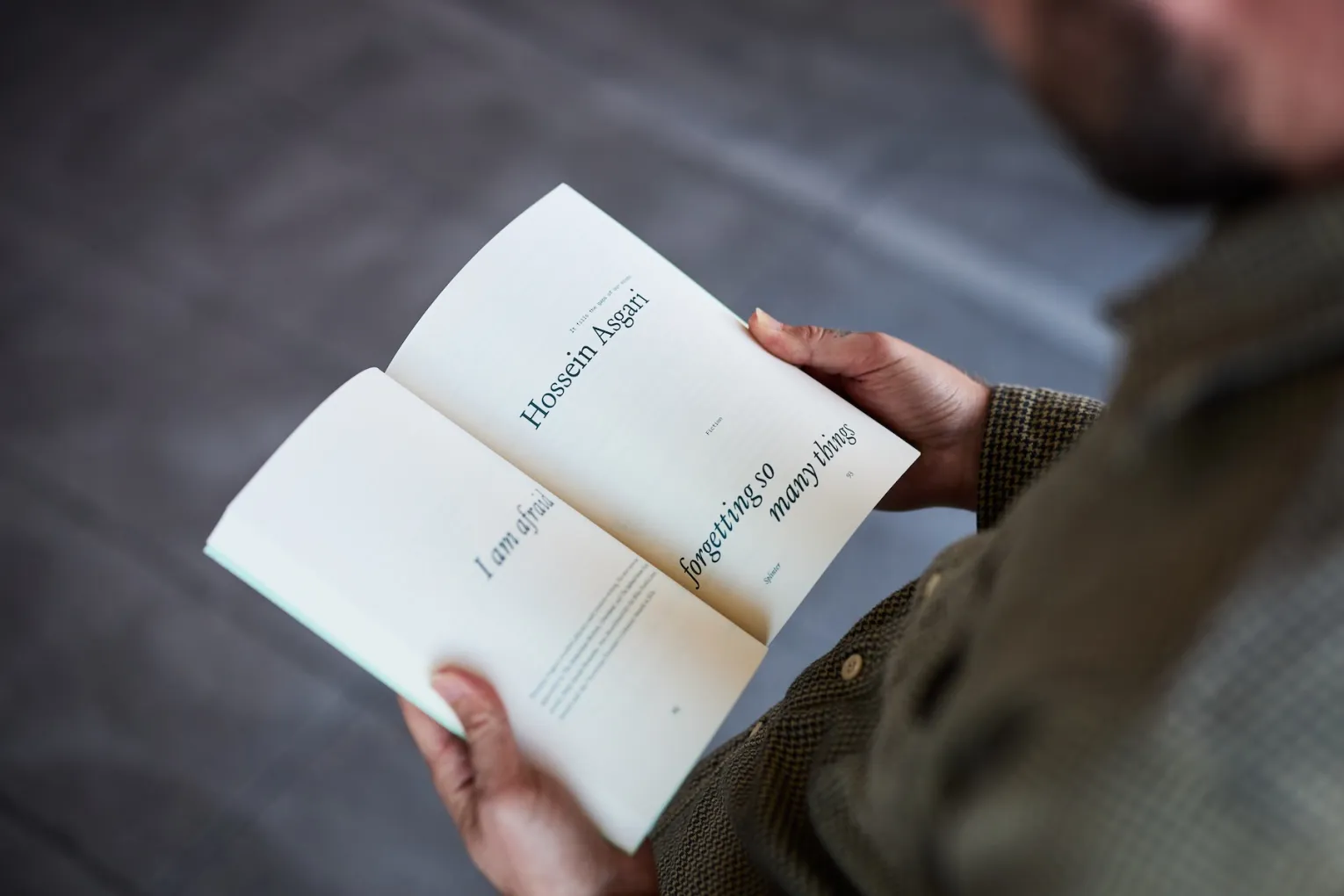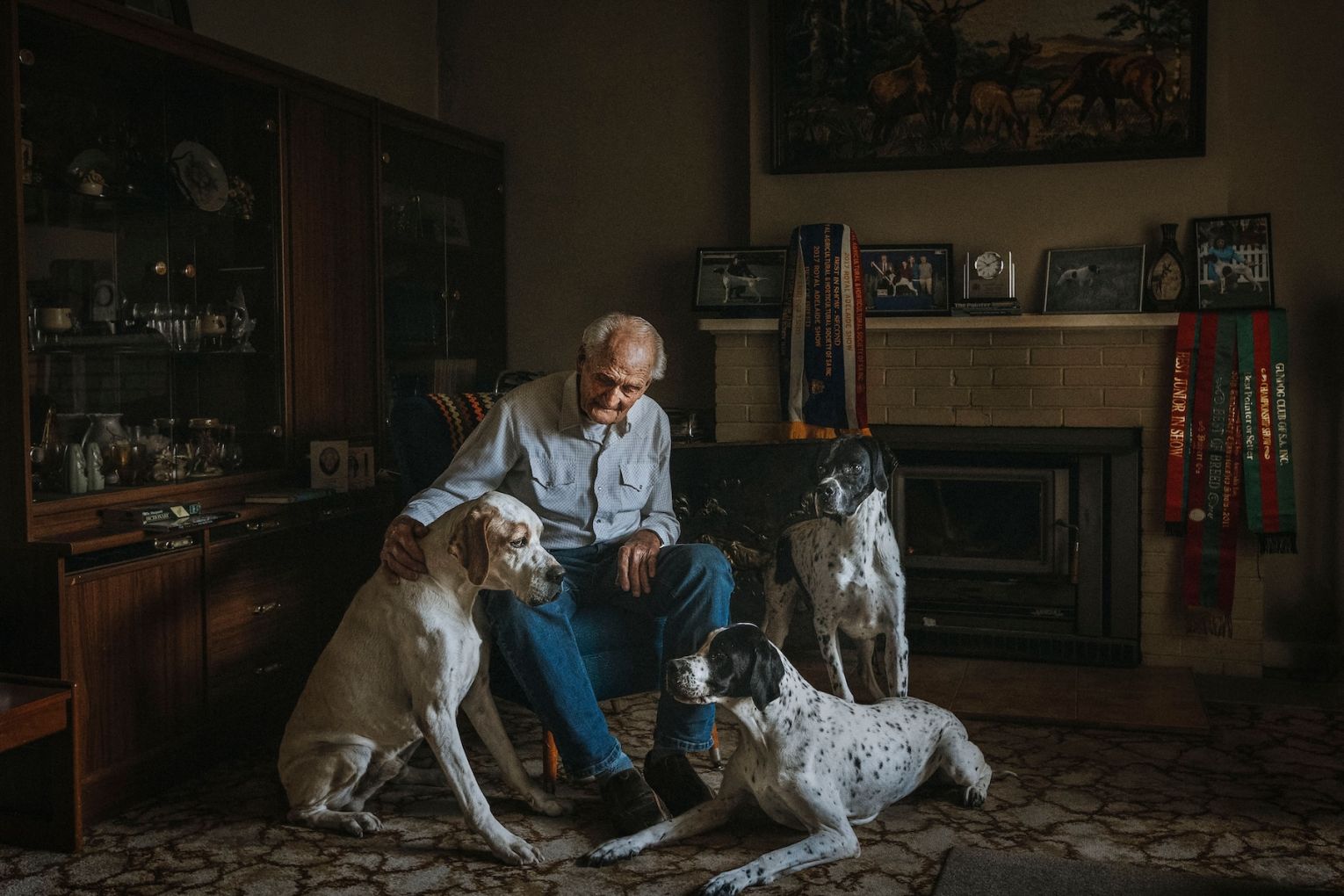Film & TV
ReadAdelaide Film Festival adds frontier history and a talking fox in 2025 program reveal
Frankenstein, Springsteen, and a sequel to Warwick Thornton’s 2017 western Sweet Country will hit screens around the city, as Adelaide Film Festival drops its full slate of over 120 films for next month.

Books & Poetry
ReadThe soft and quiet power of Australian literature needs public champions
Following the abrupt closure of Australian literary journal Meanjin after 85 years, Splinter journal editor Farrin Foster reflects on how literature’s quiet power makes it one of our least-valued art forms.

Green Room
ReadGreen Room: Top dogs at Roche gallery | SALA award winners | UKARIA’s Stradivari gift
South Australian arts and culture news in brief.





















